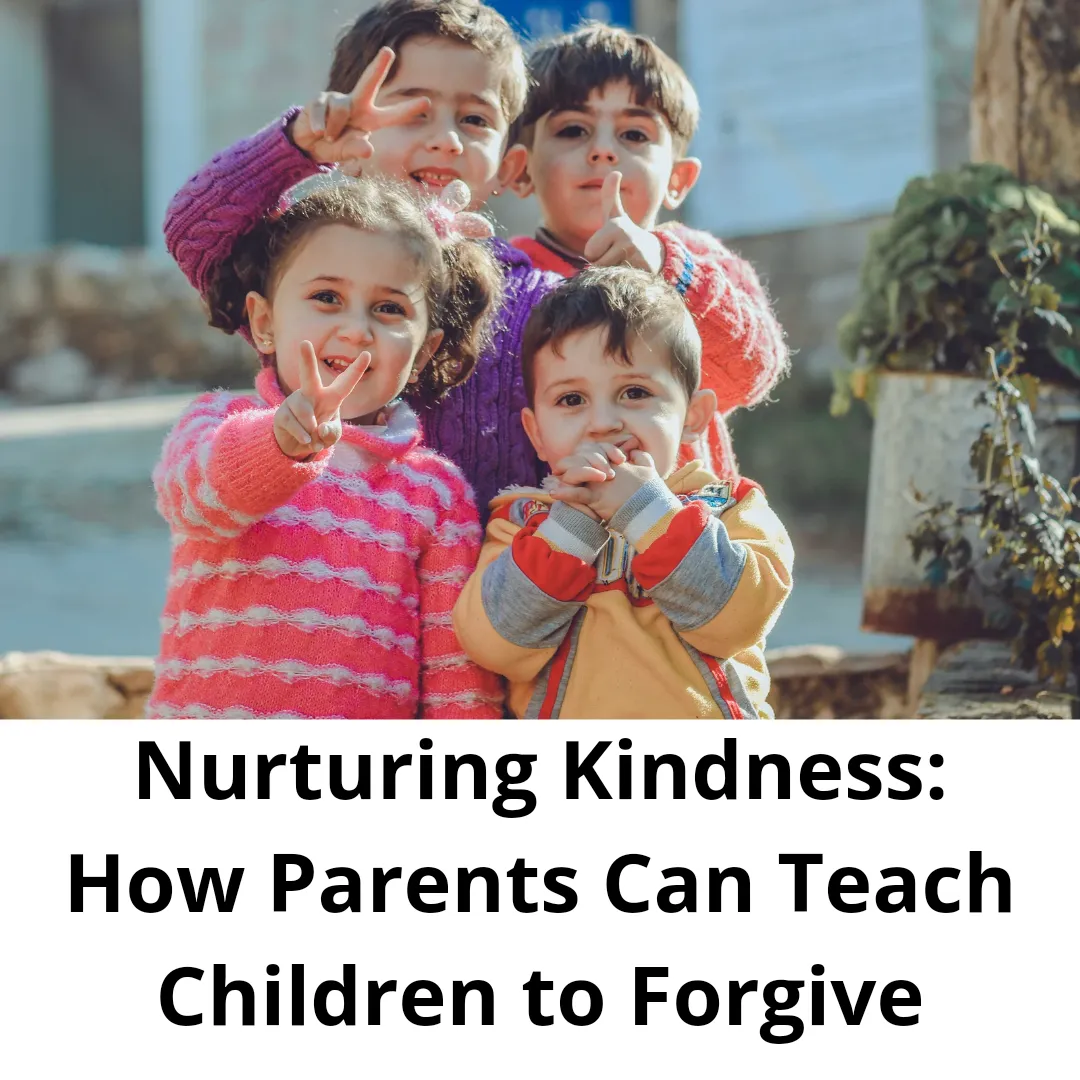
They say charity begins at home. For a child to love another fellow, he or she must learn what love is at home through his or her parents. The parents are the first teachers before taking them outside to a building called the school where they learn skills in alignment with what they have been taught at home. That is to say, parents shouldn't leave all the responsibilities to the teachers alone as they have the largest part to do.
A child can only be in school from Monday to Friday, at an average of 6-8 hours while they spend the most time at home. Teaching children certain morals at home will be of great help and also relieve the burdens off of teachers and parents inclusively.
When a child does not practice good morals or necessary attributes, then the parents should be questioned. For a child to have a forgiving heart, it should be seen in the lives of the parents as they tend to emulate and practice what they see them doing.
There is a student in the junior class who shouldn't go beyond 5 and 7 years of age at my place of work, she came to report a boy student who dragged her school bag from her back until she fell, she was crying when I called her, seeing she needed a teacher to report to and not seeing any on sight, I called her and she reported to me.
I had to be the judge and called for the boy so I could hear from his mouth too, which he did and I realized he was guilty. The offence wasn't much so I decided not to use a cane but commanded him to apologise sincerely which I must see from his expression.
A few minutes later, I wanted to use the loo, then a teacher who was in a corner in the staff room next to mine, watching the whole drama told me that the same girl went to report to another teacher in another staff room and that she wanted the boy to be beaten. That means the apology didn't sit well with her but to see the boy crying like she did. Not only that, they have observed this young girl with such behaviour as it wasn't the first time.
That pained me a little because I could see a young girl who has locked up her heart not to forgive or accept any plea until she sees her offender being punished too. That attitude is bad and I don't see why such a little girl would have such bitterness, resentment, hatred and grudge in her without an unforgiving heart or a heart that accepts apology when she has heard the word "I am sorry"

Children need to be taught the meaning of those 3 letter words — I am sorry and to be made to know that once they are offended and the other party has apologised with the words I am sorry, then they should forget and move on without holding onto grudges in their mind.
Bitterness is a bad feeling and when a child has started building such in her mind, then it is not good. Children ought to be taught good morals from home by parents and to instil in them a heart that forgives and does not keep malice. While growing up, I had to keep malice as a young girl, it was a pleasure to see other children feeling sad when I told them that I wouldn't talk to them for a certain period unless they came to apologise for doing the wrong thing and when they apologise, that ends it instantly.
It was when I was of age, I realized I don't even need that but to pursue peace all the time. Instead of holding onto grudges in me, I decided to forgive easily and let go completely and this has helped me to this point in life where peace has taken over. Children with such an attitude of not forgiving another person, but seeing them being punished, if not cautioned by parents at the right time, grow up to hold onto that resentment, anger, and bitterness forever.
These little beings should be taught morals that uplift and bring them joy, and most important of all, to understand the meaning of saying sorry, and that when it is being said to them, they should forget the misunderstandings. The word "I am sorry" should be emphasised on them so they can know how powerful and magical the word can heal wounds and create happiness within them.
Thumbnail image designed on Canva || Image 2
Thanks for your time reading. Looking forward to your interaction.
